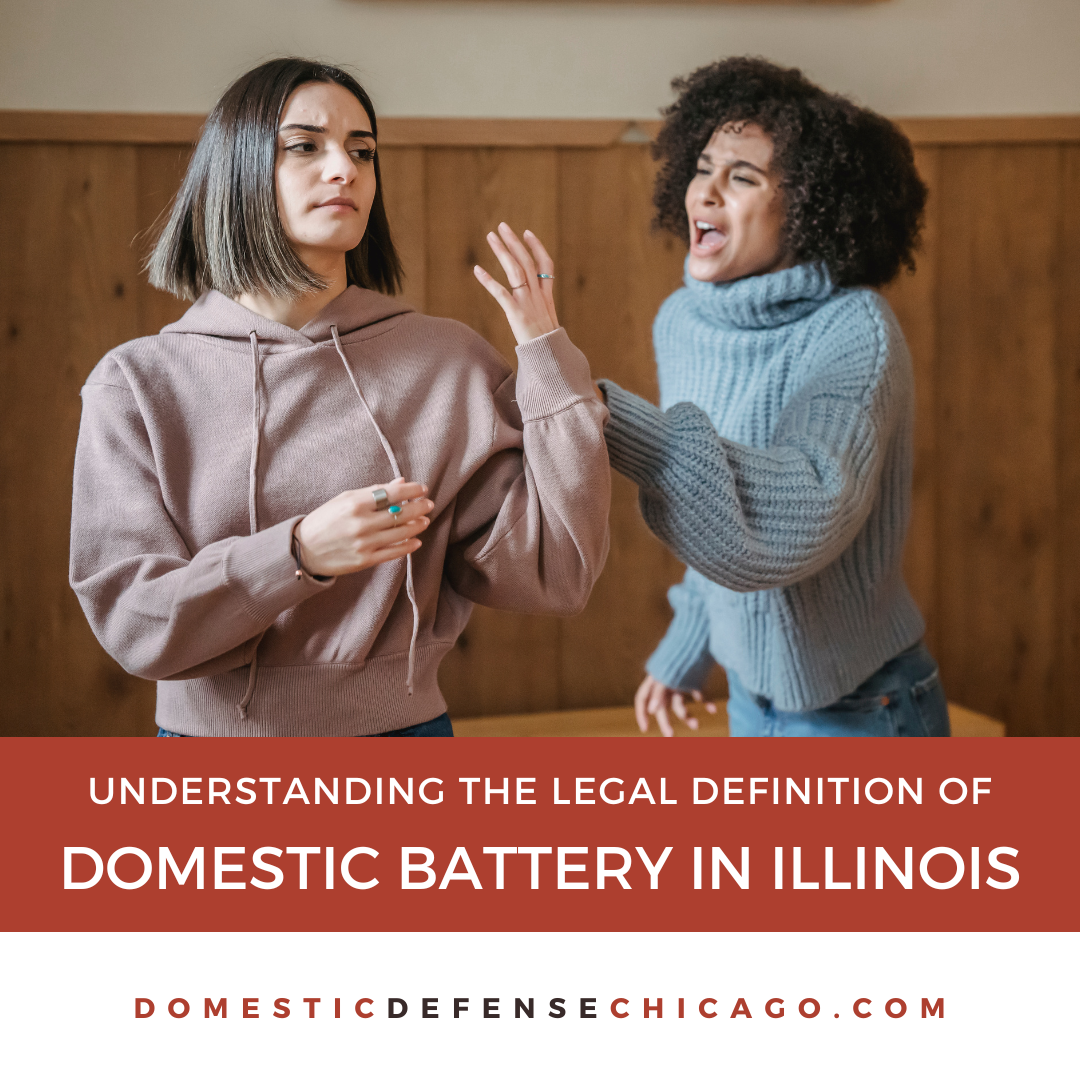Legal Definition and Scope

Domestic battery is a serious offense that involves the unlawful use of force against another person, typically in a domestic setting. Understanding the legal definition and scope of this crime is crucial for both victims and those accused of it.
Legal Definition
The legal definition of domestic battery varies from jurisdiction to jurisdiction. However, it generally involves the following elements:
- An act of physical contact or assault
- Intentional or reckless conduct
- The act must be done without consent
- The victim and the perpetrator must have a domestic relationship, such as spouses, partners, family members, or former partners.
In some jurisdictions, domestic battery may also include acts of verbal abuse or threats of violence if they cause the victim to fear imminent harm.
Elements of Domestic Battery
To prove domestic battery, the prosecution must establish all the elements of the offense beyond a reasonable doubt. These elements may vary slightly depending on the specific jurisdiction, but generally include:
- Actus reus: This refers to the physical act of the offense, such as hitting, kicking, shoving, or choking. The prosecution must prove that the defendant committed a specific act that constitutes battery.
- Mens rea: This refers to the mental state of the defendant at the time of the offense. The prosecution must prove that the defendant acted intentionally or recklessly, meaning they knew or should have known that their actions would cause harm to the victim.
- Domestic relationship: The prosecution must establish that the victim and the defendant had a domestic relationship, such as spouses, partners, family members, or former partners. This element is crucial to distinguish domestic battery from other forms of assault.
- Lack of consent: The prosecution must prove that the victim did not consent to the defendant’s actions. This element is often difficult to prove, especially in cases where the victim and the defendant are in a relationship.
Domestic Battery vs. Other Related Offenses, Domestic battery meaning
Domestic battery is often confused with other related offenses, such as assault, simple battery, and aggravated battery. It’s important to understand the differences between these offenses to ensure proper legal proceedings.
- Assault: Assault typically involves a threat of imminent harm, but not necessarily physical contact. For example, if someone threatens to hit another person with a fist, but does not actually strike them, this could be considered assault.
- Simple battery: Simple battery is a less serious offense than domestic battery, as it does not involve a domestic relationship. It typically involves physical contact that causes minor harm or injury.
- Aggravated battery: Aggravated battery is a more serious offense than simple battery, as it involves the use of a deadly weapon or the infliction of serious bodily injury. Domestic battery can be charged as aggravated battery if the victim sustains serious injuries.
Consequences of Domestic Battery: Domestic Battery Meaning

A conviction for domestic battery can have severe and lasting consequences, impacting not only the individual charged but also the victim and their family. These consequences can range from fines and imprisonment to long-term emotional and psychological effects.
Legal Penalties for Domestic Battery
The severity of penalties for domestic battery varies depending on factors such as the victim’s age, the nature of the assault, and the offender’s prior convictions. Here is a table outlining potential penalties:
| Factor | Potential Penalties |
|---|---|
| Victim’s Age | – Minor: More severe penalties, including mandatory reporting to child protective services. – Elderly or disabled: Enhanced penalties due to vulnerability. |
| Nature of Assault | – Simple assault: Fines, community service, or probation. – Aggravated assault: Imprisonment, mandatory counseling, and restraining orders. – Use of a weapon: More severe penalties, including mandatory imprisonment. |
| Prior Convictions | – First offense: Typically less severe penalties. – Repeat offenses: Increased penalties, including mandatory imprisonment. |
Long-Term Effects of Domestic Battery
Domestic battery can have devastating long-term effects on both victims and their families.
- Victims may experience physical injuries, emotional distress, post-traumatic stress disorder (PTSD), depression, anxiety, and difficulty trusting others.
- Children who witness domestic violence can suffer from emotional and behavioral problems, including anxiety, depression, aggression, and academic difficulties.
- Families may experience instability, financial hardship, and difficulty maintaining healthy relationships.
Domestic battery can also have a significant impact on the victim’s ability to maintain employment, housing, and social connections.
Domestic battery meaning – Domestic battery is a serious offense, often involving physical violence within a household. It’s a stark contrast to the wholesome image of Skai Jackson , who rose to fame as a child actor. While the term “battery” might conjure up images of playful childhood fun, its legal definition is far more serious, highlighting the importance of understanding the severity of domestic violence and seeking help if needed.
Domestic battery, a term often used in legal contexts, refers to the intentional use of force against another person with whom the abuser shares a domestic relationship. This can encompass a wide range of behaviors, from physical assaults to verbal abuse, and often stems from a power imbalance within the relationship.
For a deeper understanding of this complex issue and its devastating consequences, explore the article domestic battery , which sheds light on the darker side of relationships. Ultimately, understanding the meaning of domestic battery is crucial for recognizing and addressing this form of violence.